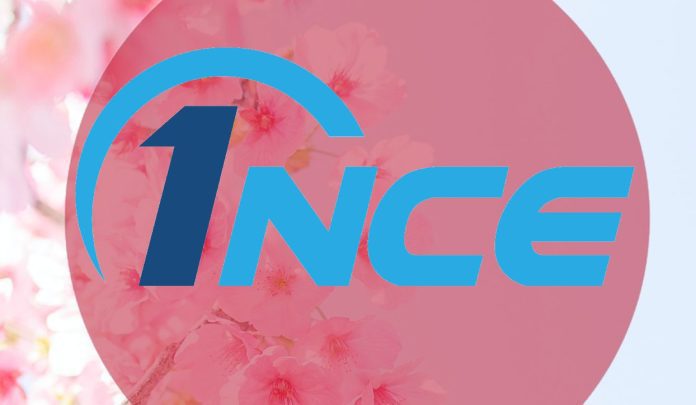Global cellular IoT provider 1NCE has launched in Japan with operator Softbank. Its debut in Japan comes six months after Softbank’s expanded stake in the firm was discussed, and four months after it was confirmed. Softbank, already a major investor in Cologne-headquartered 1NCE, announced in June it was taking an increased equity investment in return for exclusive distribution rights in Asia Pacific.
Softbank is to sell 1NCE in 19 markets in the region, also including Australia, Malaysia, and Singapore. It joins Deutsche Telekom, which sells 1NCE in most of the rest of the world, as a shareholder in the firm. At the time, Softbank declared that 1NCE is “the only company that can deliver true cross-border, future-proof IoT without uncertainty”. The launch this week in Japan will see 1NCE offering IoT airtime at 2,200 JPY for up to 10 years.
The one-off IoT payment with 1NCE in Japan, described as “remarkably low” by Softbank, includes tax, and covers 500MB of data; it works out at about $15 or €15 at current rates. The company’s classic ‘10-for-10’ deal in Europe and the US is $10/€10 for 10 years, and offers roaming at no additional charge in “more than 140 countries and regions”, says 1NCE, connecting on low-power NB-IoT, LTE-M, LTE Cat-1, plus standard cellular technologies.
1NCE is being offered to enterprise customers in Japan. It claims more than 10,000 customers (“companies”) in Europe and the US, and cites use cases in “building and factory equipment management, asset tracking in logistics, smart metering, and smart appliance connectivity”. 1NCE is selling single SIM cards online, offering the service as a way to verify pre-commercial cellular IoT applications, as well.
The moves by Deutsche Telekom and Softbank, to take major stakes in an IoT startup, suggest a trend for major operators to delegate cellular IoT to nimbler third parties. The operator set is considered to have struggled, largely, to make IoT pay – in terms of both pricing for customers and scaled-returns for shareholders.

